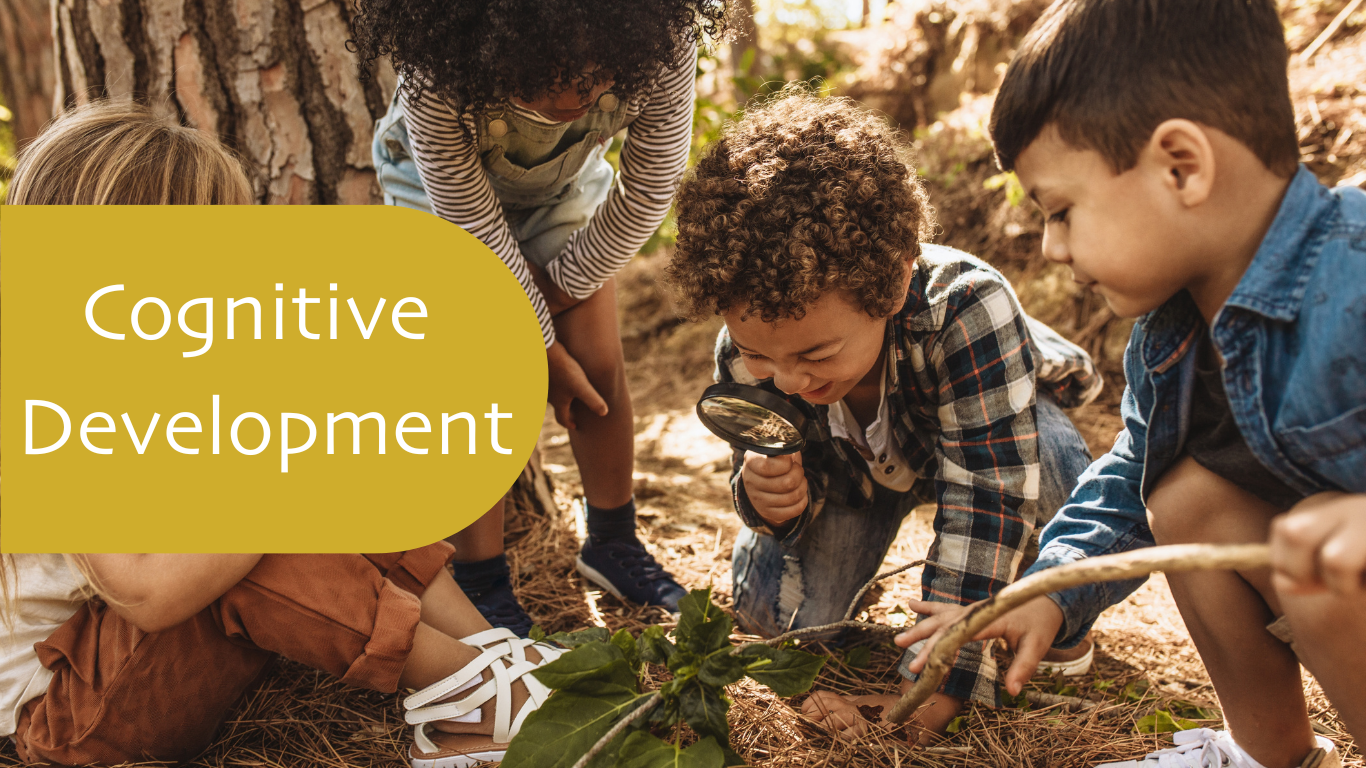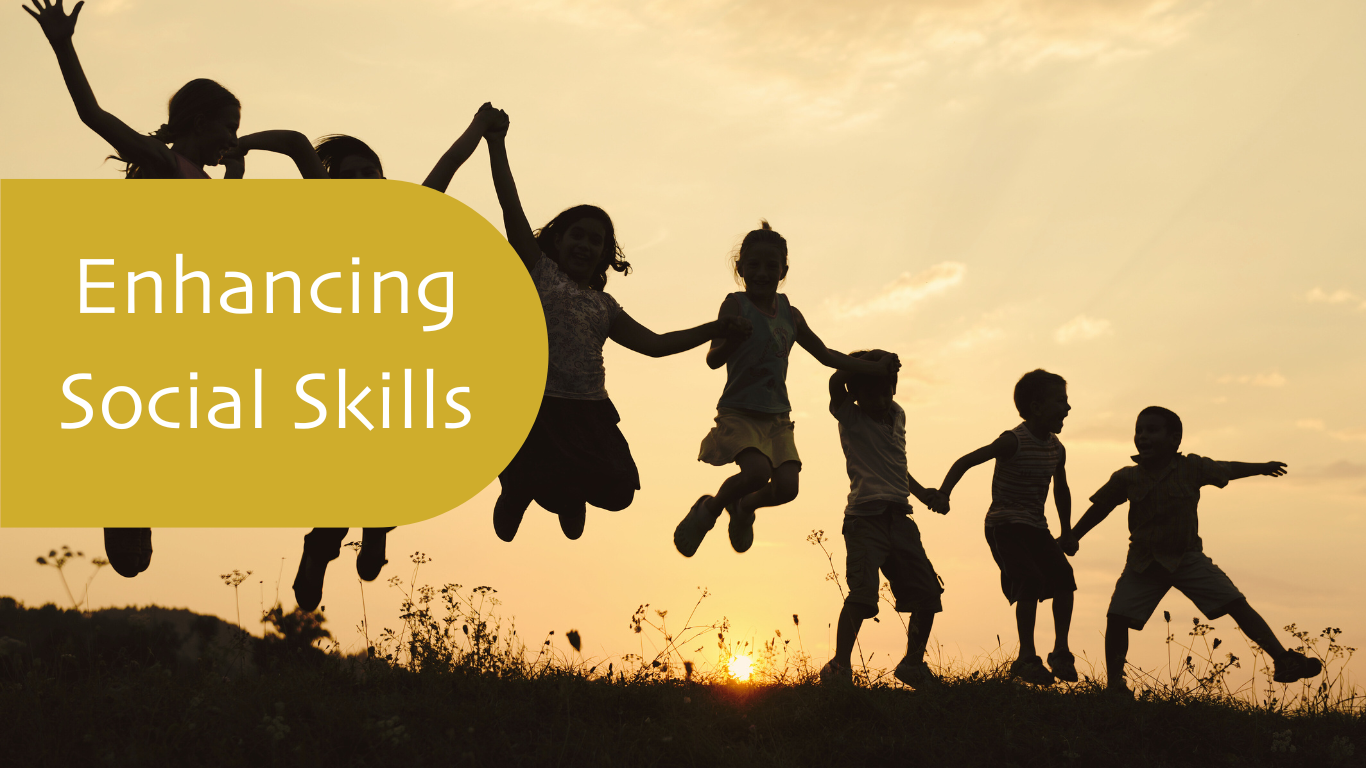10 Amazing Benefits of Forest Schools for Healthy Childhood Development
Teachers and parents worldwide are recognizing the incredible benefits that Forest Schools offer. These unique educational settings are popping up all over the country and throughout the world, providing children with an opportunity to learn and grow in natural environments. The growing body of research highlighting the physical, mental, and emotional advantages of outdoor learning has fueled this movement. Influential figures like David Sobel and Richard Louv have played pivotal roles in spreading awareness, inspiring many to adopt this innovative approach to education. As more educators and parents witness the positive impacts on children's development, the popularity of Forest Schools continues to soar.
Curious about the buzz surrounding Forest Schools? Imagine your child thriving in a magical environment where their curiosity is sparked, their creativity flourishes, and their physical and emotional well-being are cherished. Picture a nature-based education transforming your child's journey of discovery. In today's fast-paced, tech-driven world, reconnecting children with nature has never been more essential. Forest Schools, like Creative Nature Academy, offer a delightful blend of education and adventure, nurturing young minds and bodies in the great outdoors. This innovative approach is redefining education, giving children the freedom to explore, play, and learn in an environment that stimulates all their senses.
So, what exactly makes Forest Schools so beneficial for healthy childhood development? Here are the top 10 ways Forest Schools contribute to the well-being and growth of children:
1. Boosting Physical Health and Well-being
Nature schools encourage children to spend time outdoors, engaging in physical activities like hiking, climbing, and playing games. Regular outdoor play promotes physical fitness, reduces the risk of obesity and related health issues, and boosts immune systems. Research shows that time spent in nature can transform our memory, imagination, and logic, leading to improved overall health (The Guardian) .
Beyond physical fitness, these activities also foster an appreciation for nature's beauty and intricacies. Children learn to observe and understand their surroundings, making physical activity an immersive educational experience. For instance, while climbing trees or building shelters, they encounter various plant species and learn about their ecological roles, fostering a holistic understanding of health and nature.
2. Enhancing Cognitive Development
Outdoor education provides endless opportunities for hands-on learning and problem-solving. Children at nature schools engage in activities like herbology, nature-inspired crafts, and ecology studies, which stimulate their curiosity and enhance their cognitive abilities. Studies indicate that natural settings boost brain development and cognitive functions, improving children's academic performance (Nevada Today) .
These immersive experiences also foster a deeper connection to the subject matter. For example, during a herbology lesson, children might explore local plants, learning about their medicinal properties and ecological significance. This hands-on approach makes learning tangible and memorable. When children are tasked with identifying plants or creating nature journals, they employ critical thinking and problem-solving skills, reinforcing their cognitive development in a natural setting.
3. Developing Emotional and Social Skills
Spending time in nature has a calming effect on children, reducing stress and anxiety. Nature schools foster a sense of community and belonging as children work together on projects, games, and survival skills. Research has shown that time spent in nature is associated with enhanced emotional regulation and social skills (NCBI) .
Children learn to support and trust one another as they tackle challenges together. Activities like group hikes and cooperative games teach valuable social skills such as teamwork, communication, and empathy. These shared experiences create strong bonds and lasting friendships, essential for emotional development.
4. Sparking Creativity and Imagination
Nature schools provide a rich, sensory environment that inspires creativity and imagination. Children engage in activities like nature journaling, sketching, and crafting with natural materials. Research highlights that nature-based activities significantly boost creative thinking and problem-solving abilities (Sage Journals) .
The natural environment acts as a vast canvas for children's imaginations. For instance, creating art with leaves, twigs, and stones not only enhances their creativity but also their problem-solving skills as they figure out how to use these materials in innovative ways. This type of artistic expression is deeply fulfilling and helps children develop a strong sense of self and accomplishment.
5. Promoting Personal Growth and Self-Discovery
Nature schools offer children the freedom to explore, take risks, and uncover their unique strengths and interests. By engaging deeply with the natural environment, children are encouraged to develop their sense of curiosity and wonder. Educators play a crucial role in guiding this process, helping to nurture each child's desire to learn and explore. This environment of discovery is essential for fostering personal growth, as it builds confidence and strengthens a child's sense of self.
Spending time in nature allows children to experience challenges and successes in a safe, supportive setting. This not only helps them develop resilience but also encourages a deeper understanding of themselves and the world around them. As they navigate natural landscapes, children learn to trust their instincts, make decisions, and reflect on their experiences, all of which contribute to their personal development and self-discovery.
6. Improving Sleep and Mood
Unstructured physical activity during the day helps children sleep better at night, leading to improved concentration and mood the next day. Regular exposure to natural light and fresh air helps regulate sleep patterns and promotes overall well-being. A study from Louisville researchers found that time spent in nature significantly improves sleep quality and mental health (University of Louisville) .
The benefits of outdoor play extend beyond the physical. Children return home with a sense of accomplishment and contentment, having spent the day engaged in meaningful and enjoyable activities. As they interact with their environment and peers, they experience less stress and anxiety, contributing to a better mood and overall mental health.
7. Enhancing Social Skills
Outdoor play helps children grow socially by providing opportunities to interact with peers in a natural setting. Children learn to form friendships, respond to physical interaction, and use their imaginations to entertain each other. Activities such as forest games, community-building exercises, and collaborative projects teach children how to solve problems, build relationships, and develop a respect for nature. These experiences are fundamental in helping children develop healthy social skills and a sense of belonging.
In my years of teaching, I've observed children blossom socially when given the freedom to play and explore in nature. They learn to communicate effectively, negotiate roles, and resolve conflicts independently. The natural setting provides a neutral ground where children feel safe to express themselves and try out new social strategies, leading to stronger, more confident interactions.
8. Health Benefits from Sunlight
Regular exposure to natural sunlight during outdoor play helps regulate sleep patterns and boosts vitamin D production, which is essential for bone health and immune function. Nature schools ensure that children spend ample time outdoors, soaking up the health benefits of sunlight while engaging in various activities.
Beyond vitamin D production, sunlight exposure also supports mental health by boosting serotonin levels, which can improve mood and focus. Sunlight exposure is crucial for holistic child development, reinforcing their physical and emotional well-being (ScienceDirect) .
9. Boosting Brain Development
Outdoor play is crucial for healthy brain development. The frontal cortex, responsible for controlling emotions and problem-solving, is activated during playtime. The experience of playing forces the brain to make neurotransmitter connections that are critical to a child's development. Imaginative play and child development go hand in hand. Studies show that unstructured play in natural settings significantly enhances brain development and social skills (Sage Journals) .
Through years of experience, I've witnessed firsthand the transformative impact of nature on children's cognitive and emotional growth. Observing children deeply engaged in imaginative play, building intricate stories and scenarios, highlights how critical unstructured play is for brain development. These natural settings provide a safe space for children to explore their thoughts and emotions, facilitating essential neural development.
10. Body Benefits for Special Needs
For children with special needs, outdoor play is critical in core muscle development, small motor skill refinement, and increasing coordination. Children navigate obstacles, maintain appropriate space around others, and use their strength to throw, catch, manipulate objects, or tackle a jungle gym. Many children with special needs are also vitamin D deficient, and natural exposure to sunshine can help boost their immune system (ResearchGate) .
The inclusive environment ensures that every child, regardless of their needs, can benefit from nature's therapeutic effects. I've seen children with various challenges flourish when given the opportunity to engage in outdoor activities tailored to their abilities. The natural setting encourages them to stretch their limits, both physically and emotionally, fostering a sense of achievement and well-being.
Conclusion
At Creative Nature Academy, we wholeheartedly believe that outdoor education is essential for healthy childhood development. Our programs are designed to inspire curiosity, foster creativity, and build a deep connection with nature. As we've explored, the benefits of Forest Schools are vast, ranging from enhanced physical fitness to improved mental well-being and beyond.
We invite parents and educators to join us in nurturing the next generation of environmental stewards. Together, we can cultivate a generation of mindful, resilient, and environmentally conscious individuals.
Take the first step towards a healthier, more enriching educational experience for your child by finding a Forest School near you. If a local Forest School isn't available, you can still integrate nature education into your family's routine by spending more time outdoors, exploring local parks, and engaging in nature-based activities. Embrace the wonders of nature schools and give your child the gift of a truly enriching education.
Start your family's journey towards a healthier, more connected life with nature today. Watch as your child's curiosity blossoms, their creativity flourishes, and their sense of well-being strengthens in the embrace of the natural world.







